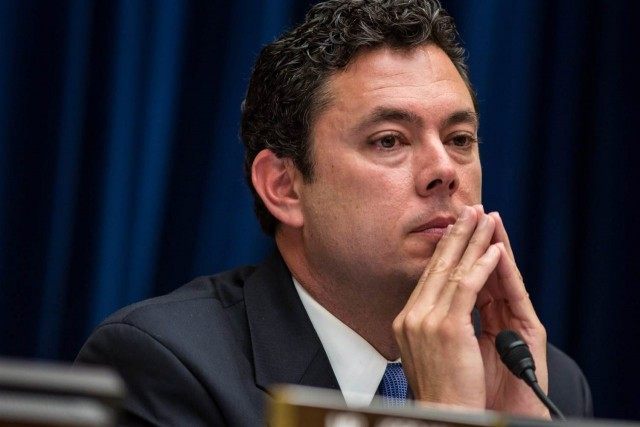Last week we reported on the investigation by Senators Chuck Grassley and Patrick Leahy into potential IRS abuse of “StingRay” cell site simulation devices. Now the House of Representatives is getting in on the action.
Following an investigation by the Guardian, a bill has been introduced in Congress intended to restrain and control the use of the sophisticated surveillance gear in question. The IRS is the thirteenth government organization to have been found utilizing cell site simulation to pull data from cell phones.
The ACLU further lists at least fifty local police departments that employ the tactic. In April, the Guardian also uncovered a non-disclosure agreement that the FBI required law enforcement to sign. In many cases, lawyers were forced to throw cases completely, rather than reveal the method whereby they attained evidence.
But when Jason Chaffetz and the House Oversight Committee got involved, things began screeching to an unceremonious halt. A bipartisan letter was sent to John Koskinen that demanded documents detailing the agency’s guidelines, policies, and information regarding their use of the devices. Following that, the Senate began their own inquiry.
Chaffetz introduced a bill to the House on Monday that would make it illegal for StingRay technology to be deployed without a warrant. Thus far, the only regulation holding this massive privacy breach in check was a court order meant to apply specifically to “trap-and-trace” devices, or pen registers.
StingRay’s security applications – and potential abuses – are broader. For this reason, the bill mandates a fine or up to 10 years’ imprisonment for use without a warrant. Speaking to the Guardian about his work on the bill, Chaffetz expressed concerns that technology was outpacing lawmakers.
My 14-year-old daughter knows more about technology than 90% of Congress,” he said. “It’s going to present its new set of challenges for America. The seminal question is: how much liberty are we going to give up in the name of security? … I think personal privacy will triumph, but we’ve got to be really careful.
StingRay makes traditional wiretaps look like listening at a door with a cup. In the end, we as a nation will define the boundaries within which our leaders may function. There is no better, nor more important time to speak.
… But if you do so into a cell phone, maybe watch what you say for now.
For more of the latest chatter about science, tech, and gaming, follow Nate Church on Twitter @Get2Church. He’s the right kind of nerd.

COMMENTS
Please let us know if you're having issues with commenting.